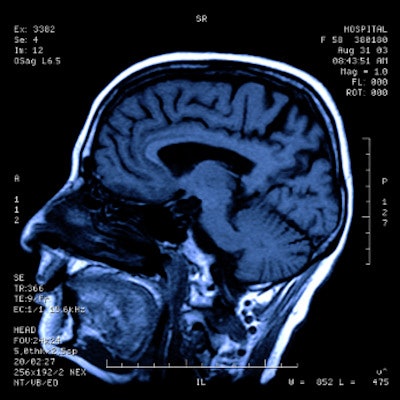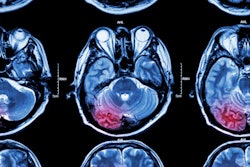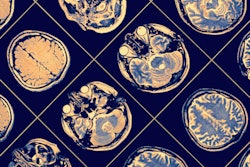
Yale researchers have found that adults between the ages of 40 and 69 with healthy cardiovascular systems also have healthier brains on MRI. They published their results on May 27 in JAMA Network Open.
A team led by Dr. Julián Acosta of Yale School of Medicine in New Haven, CT, conducted research that included data from 35,914 individuals enrolled in the U.K. Biobank study. The study was originally presented earlier this year at the American Stroke Association's International Stroke Conference.
The group compared the brain health of these individuals as depicted on MRI with their American Heart Association's (AHA) Life's Simple 7 (LS7) score (range, 0 to 14), which lists lifestyle choices that translate to cardiovascular health; scores equal to or less than 4 are considered poor and those equal to or more than 9 are considered optimal. Brain health was measured by white-matter hyperintensity and brain volume on MRI scans.
Acosta and colleagues found that individuals with higher LS7 scores had 43% lower white-matter hyperintensity volumes and 2.4% higher brain volumes compared to those with lower LS7 scores.
"These findings suggest that cardiovascular health optimization, as measured by Life's Simply 7 score, was associated with improved brain health in asymptomatic persons," the group concluded.




















